Kim Kuk Song, a well-known North Korean defector, spent 30 years working for North Korean dictators Kim Jong Il and Kim Jong Un. Mr. Kim rose through the ranks of North Korea’s strong spy organizations over the course of 30 years. The agencies served as the Supreme Leader’s “eyes, ears, and brains.” Kim Kuk Song was a powerful North Korean secret operative before defecting and settling in South Korea in 2014.
He’s still nervous about who might be listening after weeks of discussions to get an interview with him. He claims to have guarded secrets, dispatched assassins to assassinate their detractors, and even set up an illicit drug lab to raise “revolutionary” finances. The former senior colonel has now agreed to speak to the BBC about his experiences, marking the first time a senior military commander from Pyongyang has given an interview to a major network.

After fleeing in 2014, he has been working for South Korean intelligence and living in Seoul. He paints a picture of a desperate North Korean government looking to get money any way it can, from drug trades to weapons sales in the Middle East and Africa. He told reporters about Pyongyang’s decision-making approach, the regime’s attacks on South Korea, and accusations that Pyongyang’s spy and cyber networks can reach all over the world.
Mr. Kim’s last few years in North Korea’s top intelligence agency provide some insight into the current leader, Kim Jong- un’s, early career. He portrays a young man wanting to prove his worth as a “fighter.” In 2009, just as Kim Jong-un was being groomed to succeed his father, who had suffered a stroke, North Korea established a new intelligence agency named the Reconnaissance General Bureau. Kim Yong-chol, the bureau’s head, is still one of North Korean leaders Kim Jong-most un’s trusted aides.
According to the colonel, an order was sent in May 2009 to assemble a “terror task team” to assassinate a former North Korean official who had defected to the South. Hwang Jang-yop was previously one of the most prominent officials in the country. He had played a crucial role in shaping North Korean policies. His 1997 betrayal to the South was never forgiven. He was harshly critical of the lead once he arrived in Seoul, and the Kim family sought vengeance.
However, the assassination attempt failed. For the conspiracy, two North Korean army majors are still serving ten-year prison sentences in Seoul. Pyongyang has long denied involvement, claiming that South Korea organized the assassination attempt. The Cheonan, a South Korean navy ship, sank after being hit by a torpedo a year later, in 2010. Sixty-six people were killed. Pyongyang has long maintained that it is not involved. Then, in November of the same year, dozens of North Korean artillery projectiles struck Yeonpyeong, a South Korean island. There were two troops and two civilians slain. There has been substantial discussion about who ordered the strike.
Mr. Kim claims that formulating plans for dealing with South Korea was one of his tasks in the North. “Political subordination” was the goal. A North Korean operative was dispatched and worked at the Presidential Office in South Korea before safely returning to North Korea. It was the early 1990s at the time. He returned safely to the Labor Party’s 314 Liaison Office after working for the Blue House (South Korea’s Presidential Office) for five to six years. A few occurrences have occurred since then, one of which involving a spy deployed directly from the North.
Kim Jong-un recently declared the country to be in “crisis,” and in April he urged his people to prepare for another “arduous march,” a phrase that has come to represent a devastating famine during Kim Jong-presidency il’s in the 1990s. During the Arduous March in Kim Jong-North il’s Korea, drug production surged “he declares “The Operational Department had run out of revolutionary finances for the Supreme Leader at the time.
After being handed the duty, I recruited three foreigners into North Korea, set up a production facility in the Workers’ Party’s 715 liaison office’s training centre, and began producing pharmaceuticals. It had been ICE (crystal meth). They’d convert it to dollars and give it to Kim Jong-il. His account of drug dealing at the time appears to be accurate. North Korea has a lengthy history of drug manufacture, with heroin and opium being the most common.
Another source of cash, according to Mr Kim, came from the Operations Department’s illegal weapons sales to Iran. Midget submarines and semi-submersibles were available. North Korea excelled in developing cutting-edge technology like this. Since the 1980s, North Korean arms agreements with Iran have been a well-guarded secret, including ballistic missiles. Mr. Kim claims Pyongyang has also sold weapons and technology to countries waging long-running civil strife. The UN has accused North Korea of sending arms to Syria, Myanmar, Libya, and Sudan in recent years. The United Nations has warned that Pyongyang’s weapons could end up in many problematic parts of the world.
In North Korea, Mr. Kim had a privileged life. He alleges that Kim Jong-un’s aunt gave him a Mercedes-Benz automobile and allowed him to travel freely across the world to generate money for the North Korean leader. He claims he sold rare metals and coal to raise millions of dollars, which he planned to bring back to the United States in a bag. Mr. Kim was able to travel between spy organizations thanks to his formidable political contacts gained through marriage. However, those same ties placed him and his family in jeopardy.

Kim Jong-un decided to eliminate anyone he saw as a danger not long after taking to the political throne in 2011, including his own uncle, Jang Song-thaek. As Kim Jong-health il’s deteriorated, there had been speculation that Mr. Jang was the de-facto leader of North Korea. The name Jang Song-thaek had become more well-known than Kim Jong- un’s. However, in December 2013, the North Korean state media said that Mr. Jang had been executed. He immediately sensed a threat to my life and realised he couldn’t stay in North Korea. As a result, he devised a plan to flee to South Korea with his family.
But why speak up now?
Mr. Kim claims that this is the only duty he is capable of performing. He’ll be more active in the future to free his Northern comrades from dictatorship’s grip and allow them to live in true freedom. In South Korea, there are over 30,000 defectors. Only a few people choose to speak to the press. The higher your profile, the greater the danger to you and your family. Mr. Kim led an extraordinary life. His account should be viewed as a part of the larger story of North Korea, not as the entire story. However, his story gives us a glimpse into a dictatorship from which few are able to flee, as well as insight into what it takes for the system to survive.
Sources:BBC, Newsbeezer

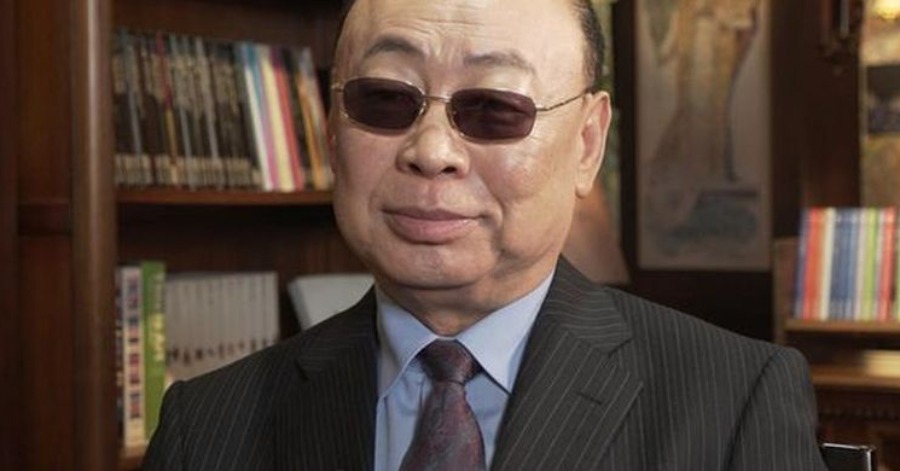
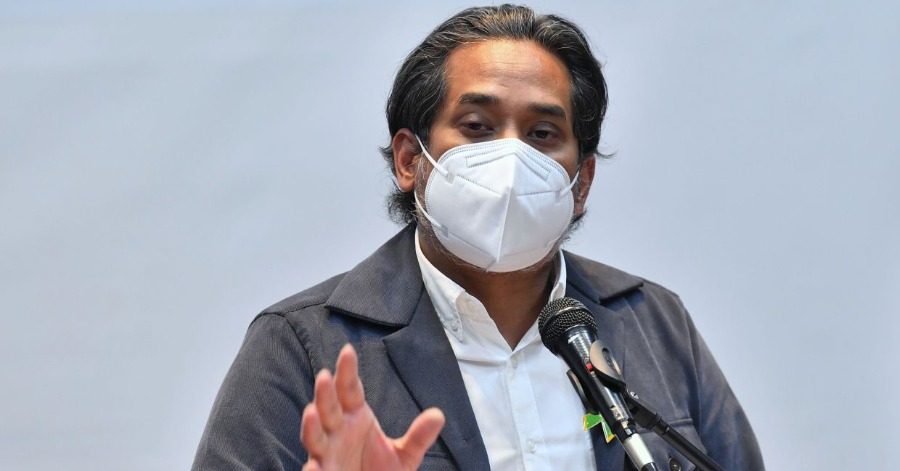

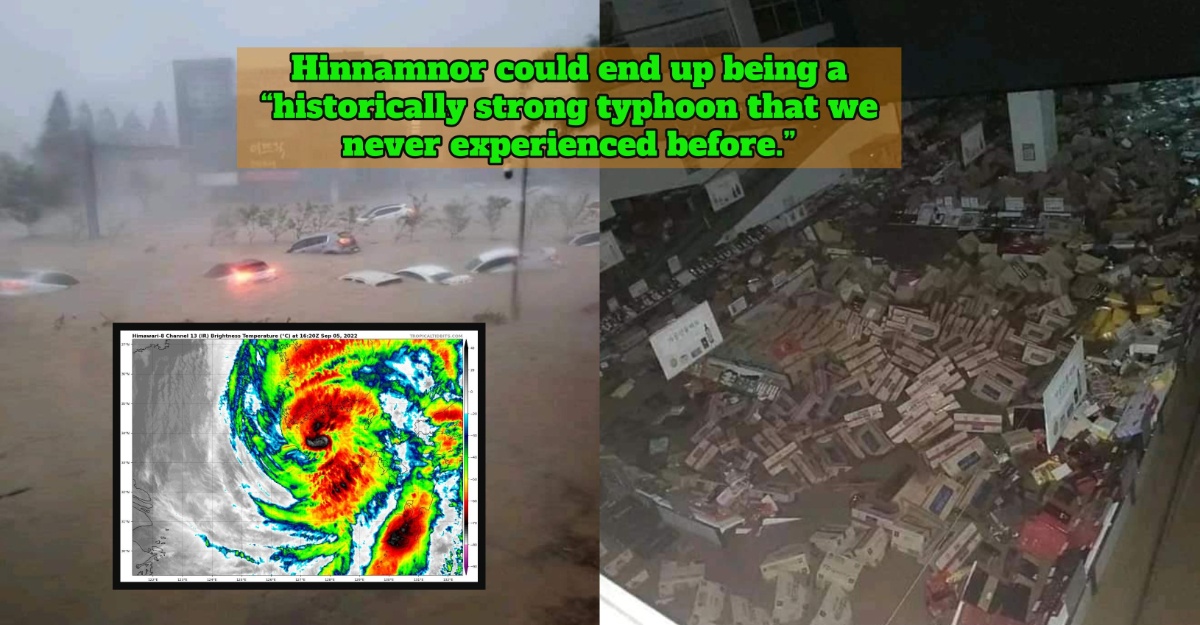
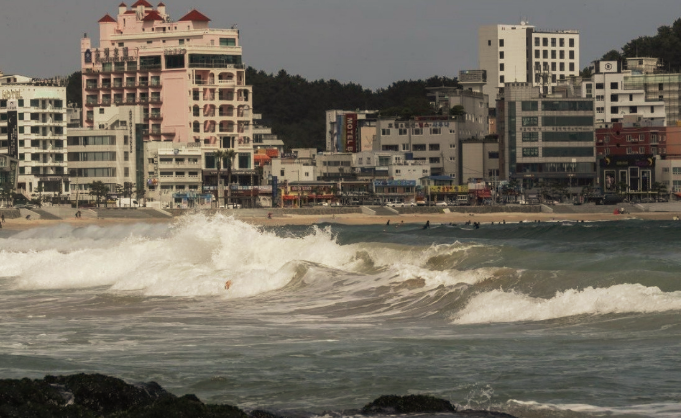
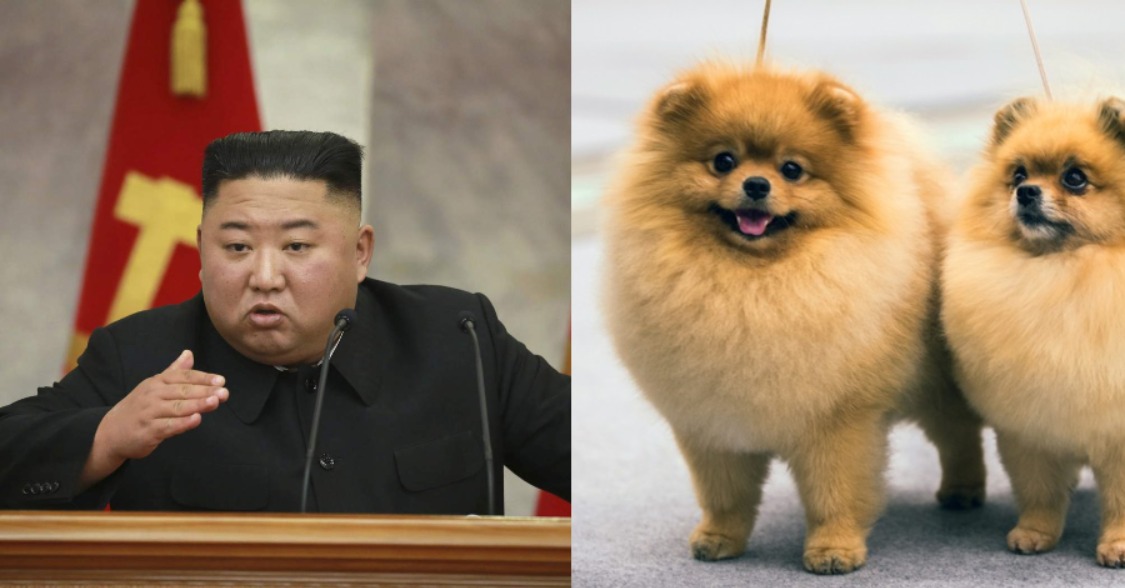
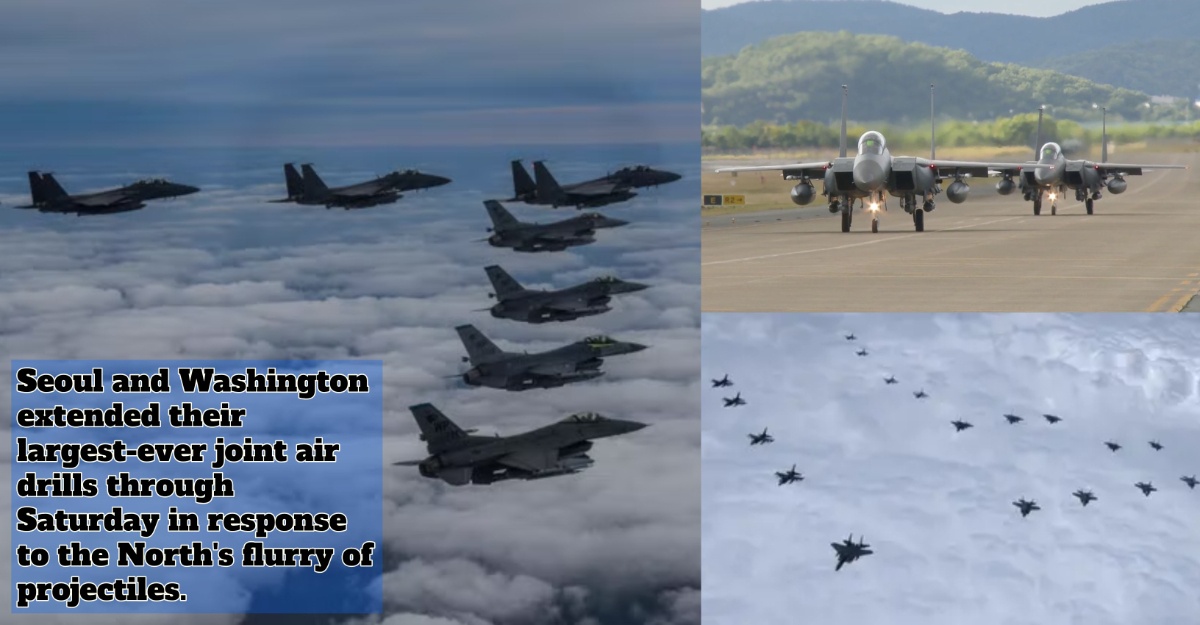
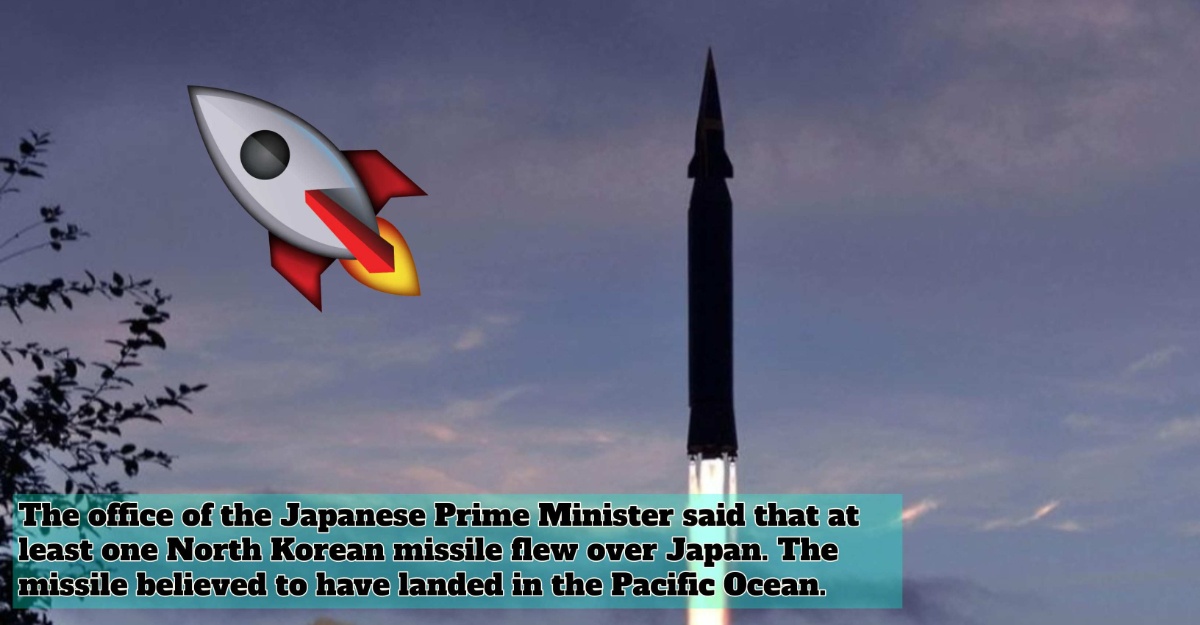
Leave a Comment